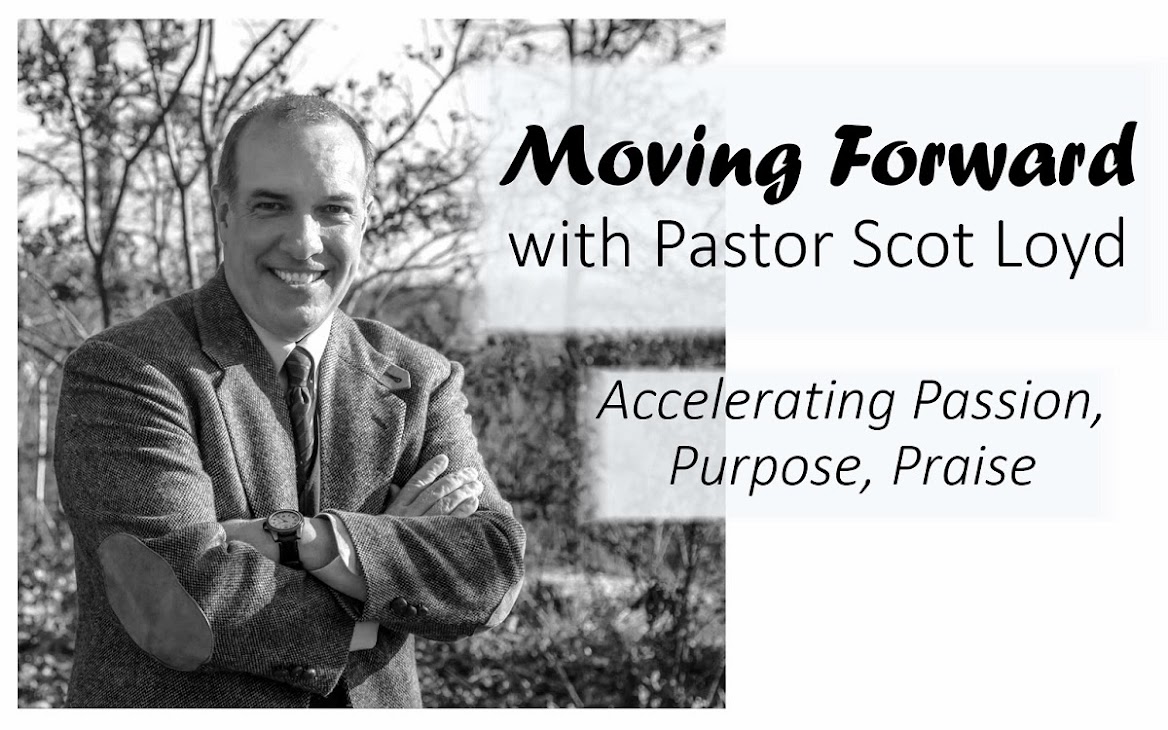If someone were to describe your life as a Christian what words would they use? Jesus said we would be know as his disciples because of our love for one another. Just by looking at your lifestyle can it be said that you are a Christian?
Here is an early description: The second century document called The Letter to Diognetus offers one of the most powerful and eloquent apologies for the Christian faith in its description of the early Christians.
“For Christians are not distinguished from the rest of humanity by country, language, or custom. For nowhere do they live in cities of their own, nor do they speak some unusual dialect, nor do they practice an eccentric lifestyle. This teaching of theirs has not been discovered by the thought and reflection of ingenious men, nor do they promote any human doctrine, as some do. But while they live in both Greek and barbarian cities, as each one’s lot was cast, and follow the local customs in dress and food and other aspects of life, at the same time they demonstrate the remarkable and admittedly unusual character of their own citizenship. They live in their own countries, but only as aliens; they participate in everything as citizens, and endure everything as foreigners. Every foreign country is their fatherland, and every fatherland is foreign. They marry like everyone else, and have children, but they do not expose their offspring.
Here is an early description: The second century document called The Letter to Diognetus offers one of the most powerful and eloquent apologies for the Christian faith in its description of the early Christians.
“For Christians are not distinguished from the rest of humanity by country, language, or custom. For nowhere do they live in cities of their own, nor do they speak some unusual dialect, nor do they practice an eccentric lifestyle. This teaching of theirs has not been discovered by the thought and reflection of ingenious men, nor do they promote any human doctrine, as some do. But while they live in both Greek and barbarian cities, as each one’s lot was cast, and follow the local customs in dress and food and other aspects of life, at the same time they demonstrate the remarkable and admittedly unusual character of their own citizenship. They live in their own countries, but only as aliens; they participate in everything as citizens, and endure everything as foreigners. Every foreign country is their fatherland, and every fatherland is foreign. They marry like everyone else, and have children, but they do not expose their offspring.
They share their food but not their wives. They are “in the flesh,” but they do not live “according to the flesh.” They live on earth, but their citizenship is in heaven. They obey the established laws; indeed in their private lives they transcend the laws. They love everyone, and by everyone they are persecuted. They are unknown, yet they are condemned; they are put to death, yet they are brought to life. They are poor, yet they make many rich; they are in need of everything, yet they abound in everything. They are dishonored, yet they are glorified in their dishonor; they are slandered, yet they are vindicated. They are cursed, yet they bless; they are insulted, yet they offer respect. When they do good, they are punished as evildoers; when they are punished, they rejoice as though brought to life. By the Jews they are assaulted as foreigners, and by the Greeks they are persecuted, yet those who hate them are unable to give a reason for their hostility.”
I think this says a lot about how early Christians lived their lives, and provides lessons for us in the 21st Century. Here are five ways we can live out our Christianity:
1. Live with excellence: Notice that early Christians didn't distinguish themselves by a particular sub-culture of dress, music, or food. But rather they lived like everyone else only differently. With excellence! So should we.
2. Share what you have: We should be quick to share what we have, including our time, talent, and treasure. Do you freely give to those around you? Do you give to your church and look for ways to serve others with your knowledge and abilities?
3. Endure persecution: Certainly in 21st Century America we may not be asked to endure what early Christians had to face. But are we willing to endure ridicule for the sake of Christ and the gospel?
4. Care for children and others: Early Christians did not mistreat their children because of a particular birth defect or unwanted gender. But rather they embraced children and would often care for the children of those abandoned by others.
5. Love: Early Christians demonstrated love in every aspect of their lives. As should we. Christ has called us to love.
In the words of Paul from 1 Corinthians 13:
"If I speak in the tongues of men or of angels, but do not have love, I am only a resounding gong or a clanging cymbal. 2 If I have the gift of prophecy and can fathom all mysteries and all knowledge, and if I have a faith that can move mountains, but do not have love, I am nothing. 3 If I give all I possess to the poor and give over my body to hardship that I may boast, but do not have love, I gain nothing."


No comments :
Post a Comment